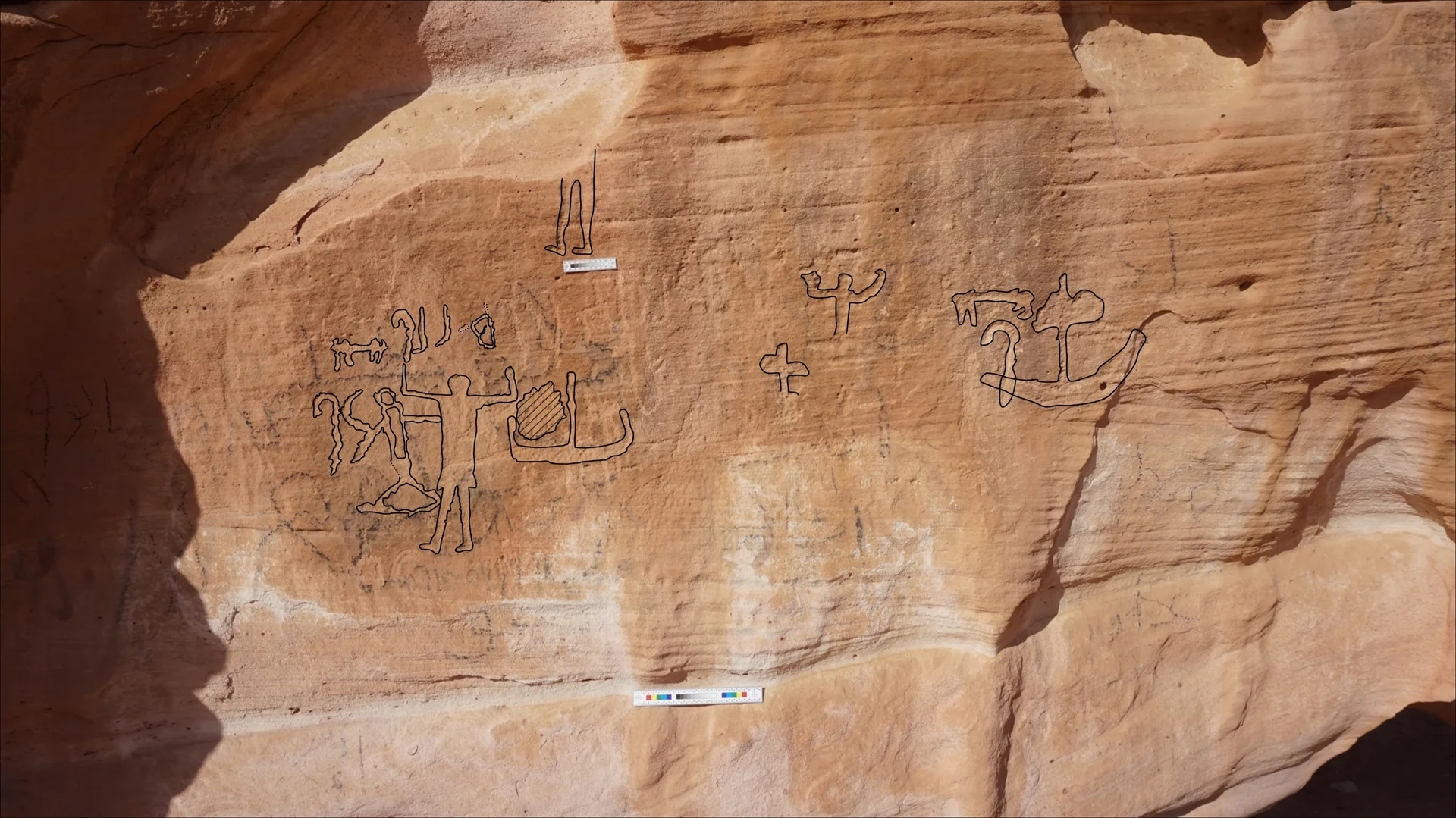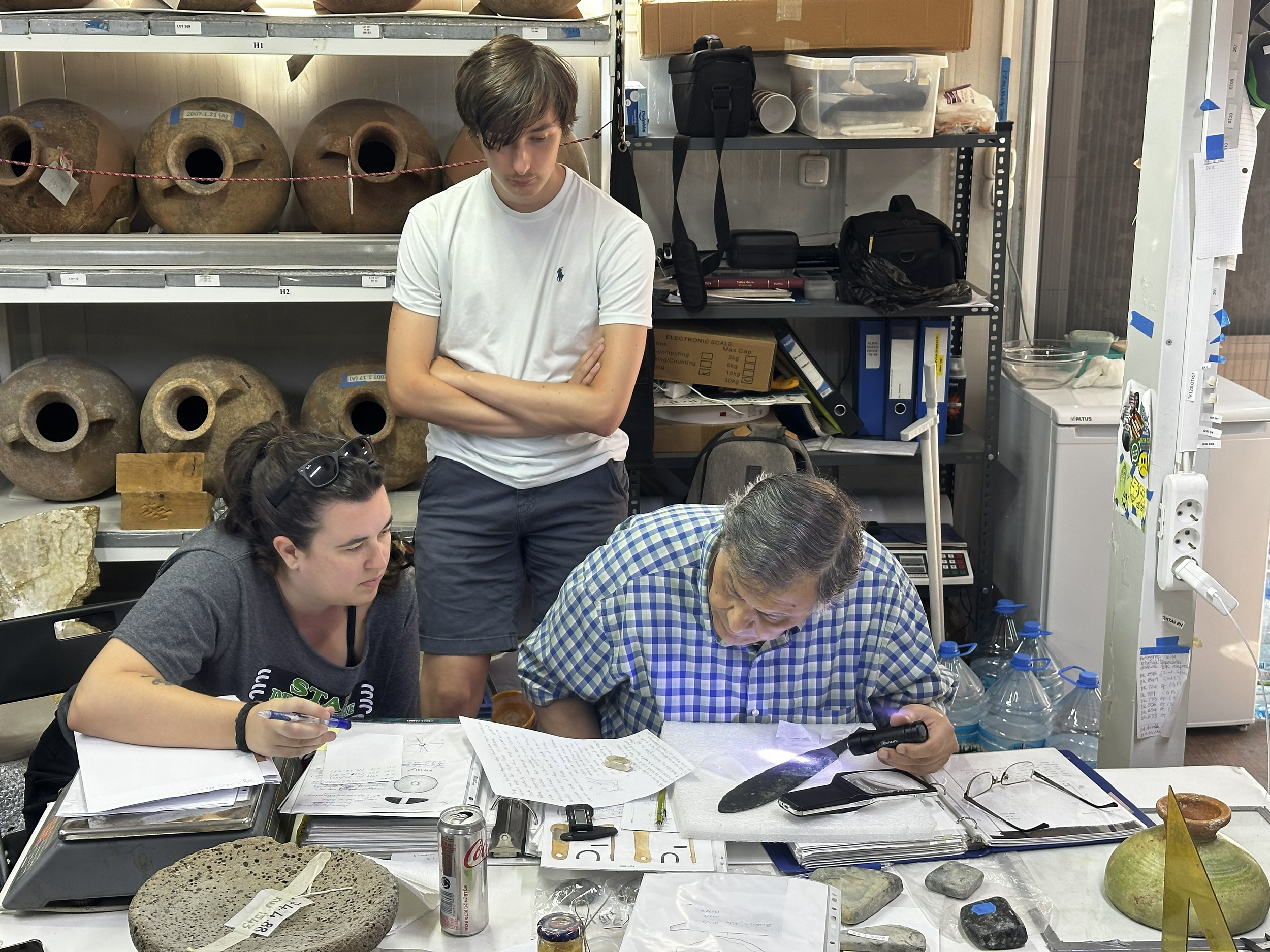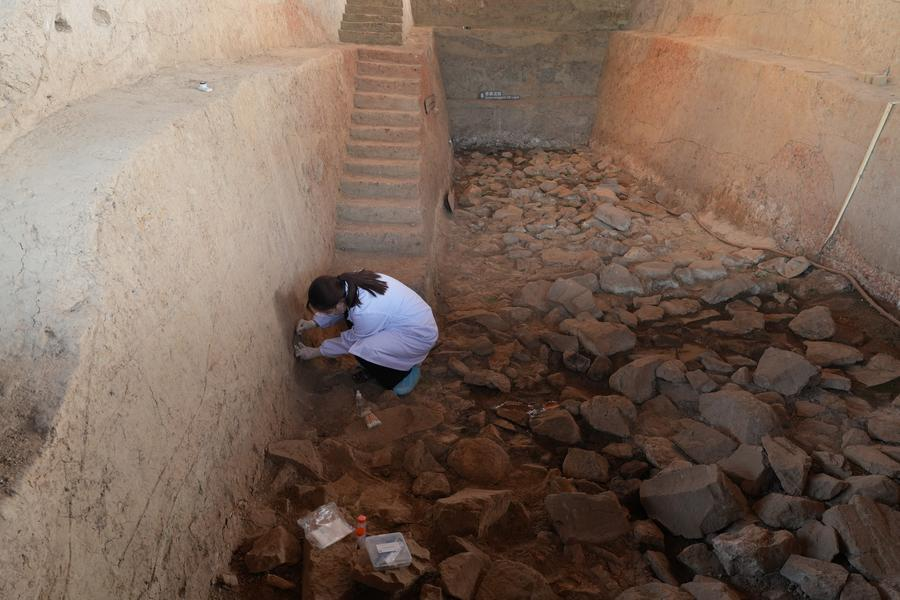Periander of Corinth is traditionally ranked among the Seven Sages of Antiquity — a group celebrated for their wisdom, prudence, and lasting contributions to early civilization. Alongside Thales, Solon, Pittacus, and others, his name has endured as a symbol of ethical guidance and philosophical insight. Yet, Periander’s life tells a much darker story — one that feels less like a moral fable and more like a Greek tragedy.
Born in the 7th century BCE, Periander was the son of Cypselus, the first tyrant of Corinth, who had seized power from the ruling aristocracy of the Bacchiadae. Periander inherited this legacy, ruling with an iron fist. His reign, though marked by harsh control, was also an era of great prosperity. Under his leadership, Corinth flourished into an economic powerhouse, the arts and poetry thrived, and monumental infrastructure projects — like the Diolkos, a groundbreaking overland ship transport system — transformed the city.
But this brilliance came at a steep cost.
Periander was widely accused of brutality and extreme violence. In one of the most chilling accounts, he is said to have killed his wife, Melissa, in a fit of rage — striking her fatally and throwing her down a staircase. Later, overcome by guilt, he reportedly experienced torment so profound that some ancient sources — notably Herodotus — hint at disturbing necrophilic implications in their cryptic descriptions.
The couple’s son, Lycophron, fled to Corcyra (modern-day Corfu) upon learning the truth of his mother’s death. Periander pleaded with him to return and succeed him, but the young man refused. In a desperate attempt to bring him back, Periander offered to abdicate and go into exile himself. The people of Corcyra, horrified at the idea of the tyrant setting foot on their island, took drastic measures: they murdered Lycophron to prevent his return.
Periander’s response was nothing short of monstrous. He ordered the roundup of 300 children from Corcyra’s noble families and arranged to have them sent to Lydia to be castrated. However, the ship carrying the children made a stop on the island of Samos, where the local population intervened, setting the captives free and sparing them from a horrific fate.
And yet — despite these atrocities — Periander was remembered by many as a model ruler. His court was a hub of intellectual and artistic activity, hosting poets, craftsmen, and thinkers. He even authored a 2,000-line poem titled Maxims on the Human Condition. He supported artisanship, protected the arts, and introduced laws aimed at curbing extravagance and the arrogance of the wealthy.
History has long struggled with how to categorize him. Some scholars have speculated that there may have been two different men named Periander — one a ruthless tyrant, the other a thoughtful sage. Others argue that wisdom and violence are not always mutually exclusive. Aristotle, despite Periander’s authoritarian rule, still listed him among the Seven Sages. Plato, on the other hand, disagreed.
And so, Periander remains suspended between two legacies: a man who shaped his city yet shattered his own family; who built temples and plotted brutal revenge; who was both admired and reviled. In the end, he may have earned his place among the Sages not because of the life he lived — but perhaps in spite of it.







